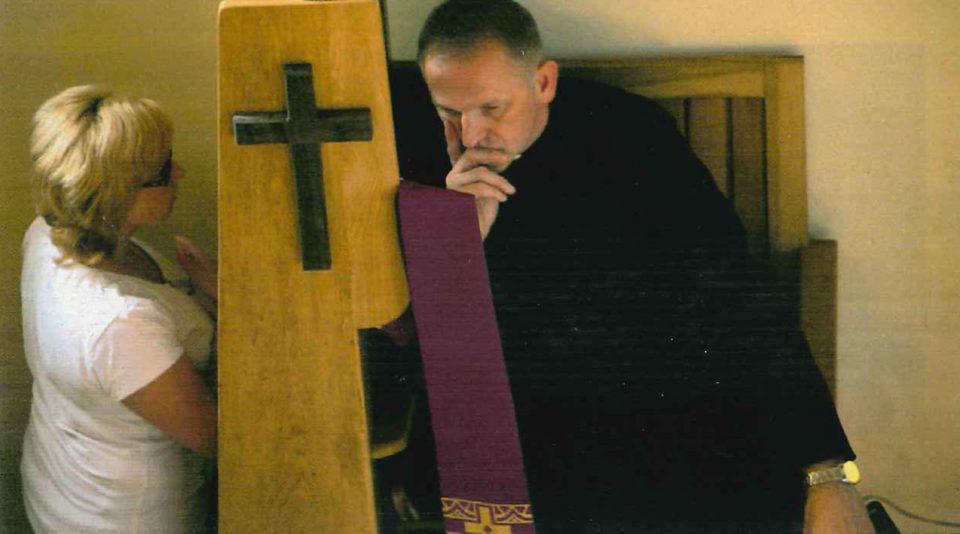What is the sin of deduction? Why is it a pity?

Deduction is not a common word today, but what it means is all too common. In fact, known by another name - gossip - it could be one of the most common sins in all of human history.
As p. John A. Hardon, SJ, writes in his modern Catholic dictionary, the deduction is "Revealing something about another that is true but detrimental to that person's reputation."
Deduction: an offense against the truth
Deduction is one of the numerous related sins that the Catechism of the Catholic Church classifies as "offenses to the truth". When it comes to most other sins, such as bearing false testimony, false testimony, slander, boasting and lying, it's easy to see how they take offense against the truth: they all involve saying something that you either know to be false or believe to be false.
The deduction, however, is a special case. As the definition indicates, to be guilty of deduction, you have to say something that you either know is true or you believe it is true. So how can the deduction be an offense to the truth?
The effects of the deduction
The answer lies in the likely effects of the deduction. As the Catechism of the Catholic Church notes (paragraph 2477), "Respect for people's reputation prohibits every attitude and every word that could cause them unjust injury". A person is guilty of deduction if, "without objectively valid reason, he reveals the defects and shortcomings of another to people who did not know them".
A person's sins often affect others, but not always. Even when they influence others, the number of people affected is limited. By revealing another's sins to those who did not know those sins, we damage that person's reputation. While he may always repent of his sins (and he may indeed have already done so before we revealed them), he may not be able to recover his good name after damaging him. Indeed, if we have committed ourselves to deduction, we are obliged to try in some way to repair - "moral and sometimes material", according to the Catechism.
But the damage, once done, may not be able to be reversed, which is why the Church considers the deduction to be such a serious crime.
Truth is not defense
The best option, of course, is not to engage in deduction in the first place. Even if someone should ask us if a person is guilty of a particular sin, we are required to protect that person's good name unless, as Father Hardon writes, "there is a proportionate good". We cannot use as our defense the fact that something we have said is true. If a person does not need to know another person's sin, we are not free to disclose that information. As the Catechism of the Catholic Church says (paragraphs 2488-89):
The right to communicate the truth is not unconditional. Everyone must conform his life to the gospel precept of brotherly love. This requires us in concrete situations to judge whether it is appropriate or not to reveal the truth to someone who requests it.
Charity and respect for the truth should dictate the response to any request for information or communication. The good and safety of others, respect for privacy and the common good are sufficient reasons to be silent about what should not be known or to use discreet language. The duty to avoid scandal often requires strict discretion. Nobody is required to reveal the truth to someone who has no right to know it.
Avoid the sin of deduction
We take offense against the truth when we tell the truth to those who have no right to the truth and, in the meantime, we damage another's good name and reputation. Much of what people commonly call "gossip" is actually deduction, while slander (the telling of lies or misleading statements about others) makes up much of the rest. The best way to avoid falling into these sins is to do as our parents always said: "If you can't say something nice about a person, don't say anything."
Pronunciation: diˈtrakSHən
Also known as: Gossip, Backbiting (although backbiting is more often synonymous with slander)
Examples: "He told his friend about the adventures of his drunk sister, even though he knew that doing it meant engaging in deduction."